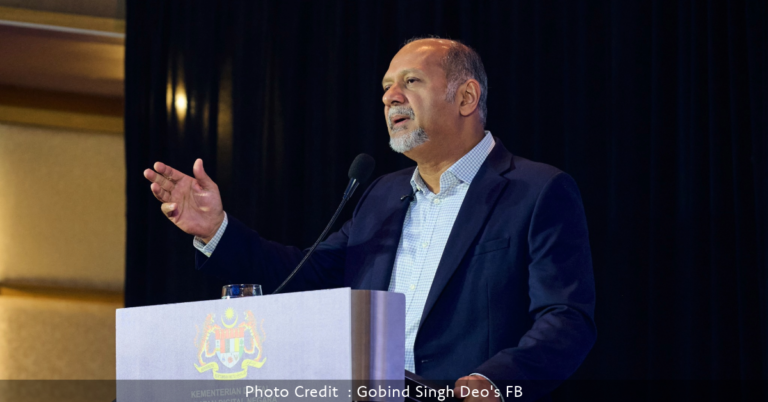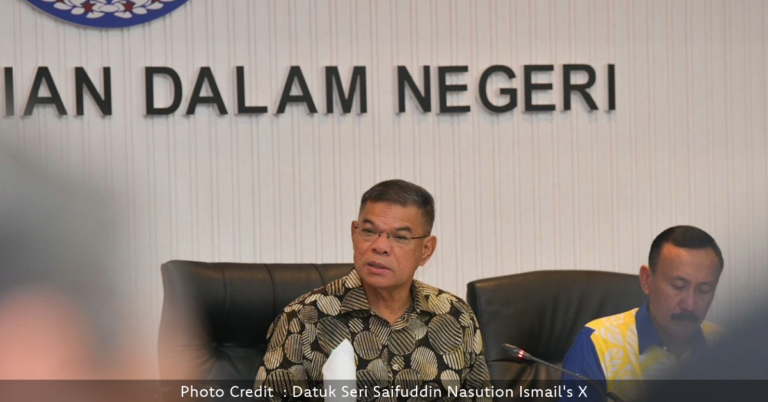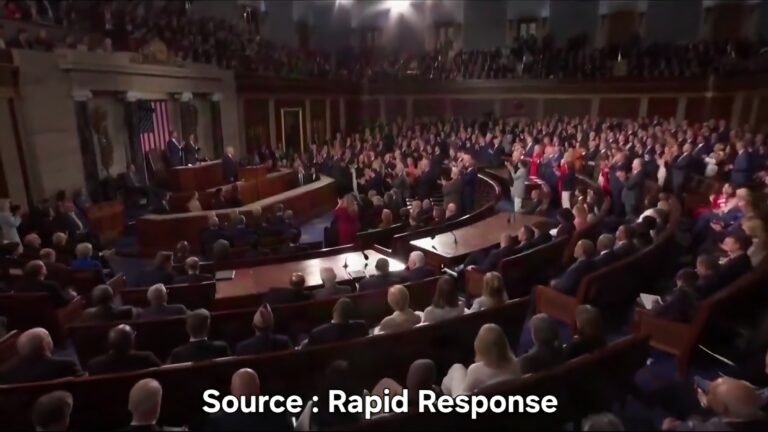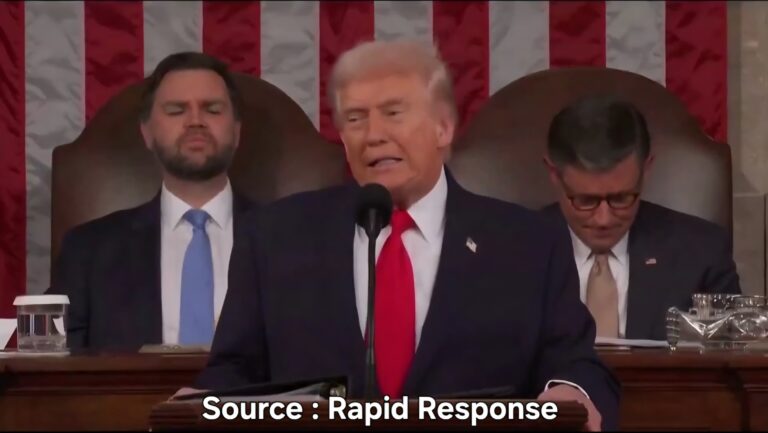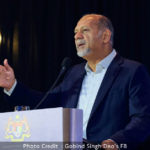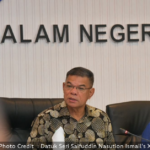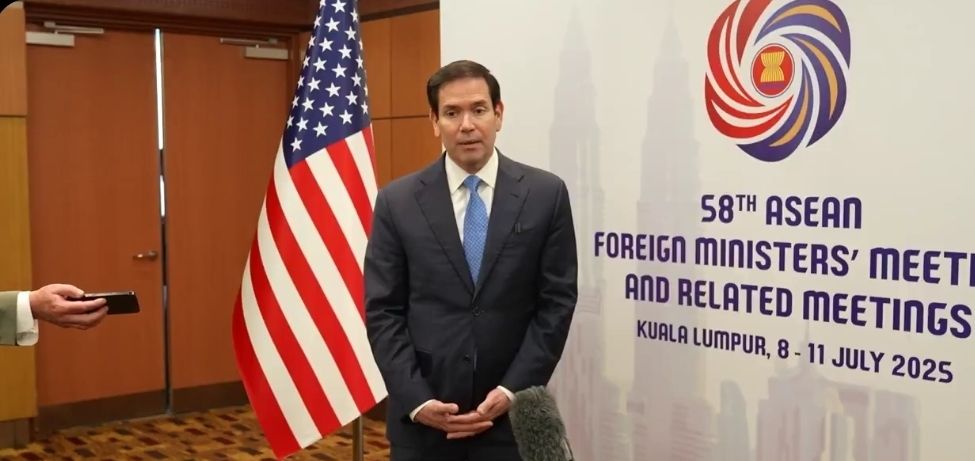
KUALA LUMPUR, Malaysia, July 11, 2025 – U.S. Secretary of State Marco Rubio engaged in a “very constructive” meeting with China’s Foreign Minister Wang Yi on the sidelines of the 58th ASEAN Foreign Ministers’ Meeting in Kuala Lumpur, Malaysia. The discussions, held today, focused on potential areas of cooperation between the two nations despite ongoing disagreements.

Rubio, speaking to the press, emphasized the importance of dialogue, stating, “We’re two big, powerful countries, and there are always going to be issues we disagree on. I think there’s some areas of potential cooperation.” This meeting marks a significant moment in U.S.-China relations, which have been strained by recent actions, including President Trump’s executive order targeting TikTok and investigations into China’s shipbuilding practices.
The encounter follows a series of diplomatic interactions, including a potential meeting at the UN Security Council in February, underscoring ongoing efforts to manage bilateral tensions. The ASEAN summit, themed “Inclusivity and Sustainability,” provides a platform for addressing regional and global issues, with a focus on strengthening cooperation in the digital economy, green energy, and supply chain connectivity.
The meeting between Rubio and Wang Yi occurs against a backdrop of heightened tensions, with the U.S. continuing its aggressive trade policies towards China. Recent developments include Trump’s executive order on TikTok, aimed at addressing national security concerns, and a Commerce Department investigation into China’s shipbuilding sector, which could lead to further trade restrictions.
As the ASEAN meeting progresses, the discussions between the U.S. and China are seen as crucial for navigating the complex geopolitical landscape, with both nations seeking to balance competition and cooperation on the global stage. The outcomes of these talks could have significant implications for international relations and regional stability in the Asia-Pacific region.





